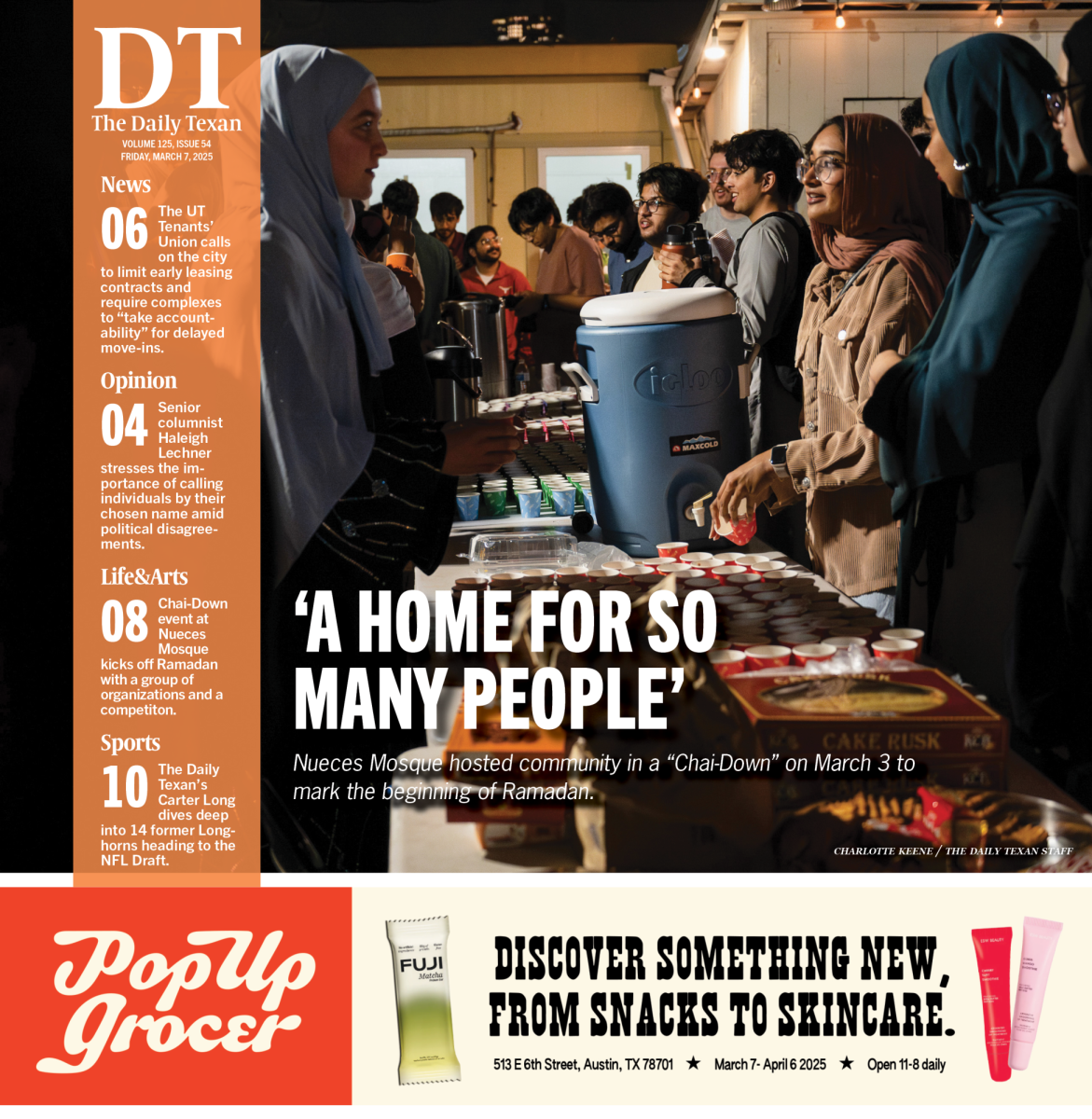Specific GroupMe guidelines would clarify murky waters of academic integrity
April 1, 2021
Over the past few years, and particularly recently given the virtual schooling environment, GroupMe has become the primary way students interact with their peers outside of the classroom.
However, online communication between students has opened up a whole new realm of possible academic honesty violations. Is discussing an assignment cheating? Is debriefing on a test inappropriate? If you are just in the group but didn’t engage, are you culpable?
Steering clear of these potentially problematic situations can be challenging given that students are encountering them for the first time in college.
There is an easy fix to the uncertainty that many students feel. Professors should include specific guidance regarding their expectations of student communication outside of class via GroupMe on their syllabi.
“What we often see is students not making willful decisions,” Katie McGee, executive director for Student Conduct and Academic Integrity, said. “It is a student not understanding, ‘Oh, this is where the line was drawn or the boundary was set,’ and it got a little murky.”
While it is clear that academic dishonesty has severe consequences, what exactly constitutes academic misconduct and what the consequences are for specific infractions is very vague.
“I am in a GroupMe for every class,” said Jada McWilliams, Plan II and speech, language and hearing sophomore. “It is so nice because if there is a question that someone has, they will send it in the GroupMe so that they don’t have to go straight to the professor every time they have a question.”
McWilliams had an experience this semester in which students started to discuss a recent test, so she left the class GroupMe unsure of whether or not she could potentially be implicated in an academic dishonesty situation.
“It is helpful when the professors acknowledge that students are going to use the app, and so then they give us guidelines,” McWilliams said.
McGee echoed the importance of this clarity and highlighted two critical reasons why specific guidance from individual professors is necessary.
“These are common misunderstandings that students are having. What can faculty do in their classroom or in their course syllabus to help students avoid those missteps?” McGee said. “It’s a shared responsibility.”
Firstly, there is no one-size-fits-all for violations of academic integrity. What constitutes an assignment and an assessment varies by discipline. This makes it impossible to neatly summarize for all professors what counts as an online communication misstep. Thus, students must be aware of the specific online communication expectations for each of their classes.
Secondly, professors’ personal messaging is more impactful to students than generic language. According to McGee, research indicates that when a faculty member lays out why academic integrity is specifically important to them, students are more likely to follow the rules.
Rhonda Evans, senior lecturer and director at the Edward A. Clark Center for Australia and New Zealand Studies, has taken these steps in her class.
“It is really easy for students to assume that if they are not turning in someone else’s work or copying someone else’s answers, they are fine,” Evans said. “If you want to get people to actually follow the rules, you have to get them to understand how it applies to them in the circumstances they find themselves in.”
As it stands today, the line between harmless online communication and cheating is unclear. An easy step that faculty can take immediately to alleviate the uncertainty around academic dishonesty is to clarify at the beginning of the semester what is and is not permissible regarding GroupMe usage.
Strelitz-Block is a Plan II and Anthropology sophomore from Austin, Texas.












